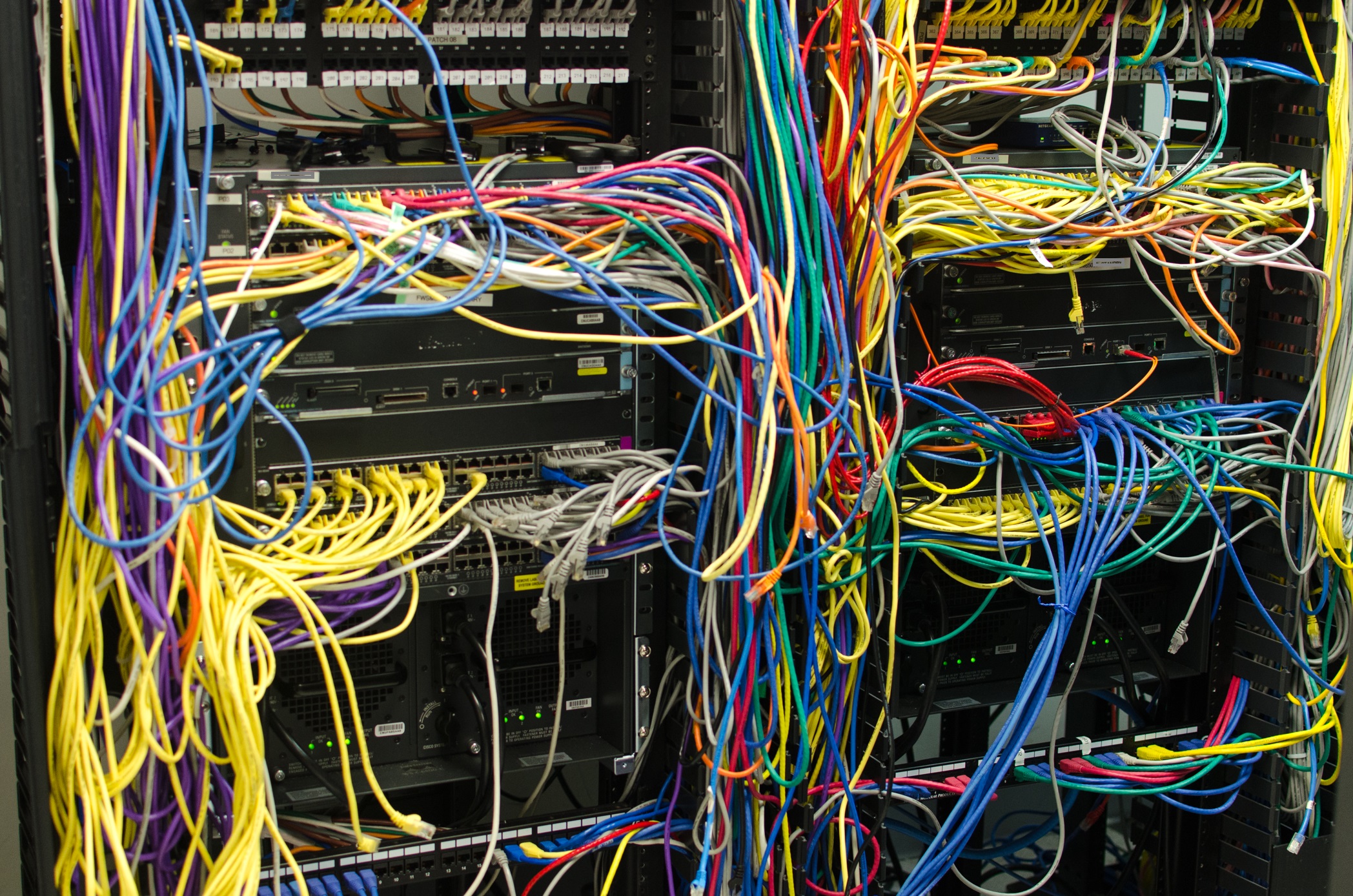
“[…] you learn that you are not alone in dealing with a technical problem and sometimes you just need a second technical opinion. Sometimes, it does help if you listen to people who see it from a totally different perspective. To give you an example: [suppliers] are the providers of equipment and we are the demand side.









